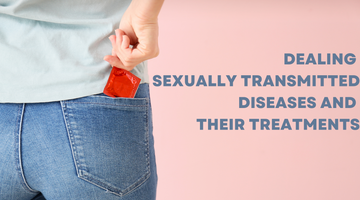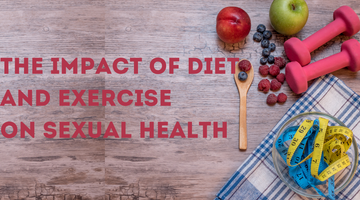
Some common STDs include Chlamydia, Gonorrhea, Syphilis, Herpes, Human Papillomavirus (HPV), and HIV/AIDS. The symptoms of STDs can vary, but they may include discharge, pain or burning during urination, sores or rashes on the genital area, and flu-like symptoms. Some STDs may not have any symptoms at all, so it is important to get tested regularly if you are sexually active.
Fortunately, many STDs can be effectively treated with antibiotics or antiviral medications. However, prompt treatment is essential for preventing further complications and for preventing the spread of the disease to others. If you have been diagnosed with an STD, it is important to inform all of your sexual partners so that they can also get tested and treated if necessary.
In addition to seeking treatment, there are several steps you can take to reduce your risk of getting an STD. These include using barrier methods, such as condoms or dental dams, during sexual activity, limiting the number of sexual partners, getting vaccinated against preventable STDs, and avoiding drugs and alcohol, which can impair your judgment and increase your risk of unprotected sex.
It is also important to get tested regularly for STDs, even if you do not have symptoms. Many STDs can be asymptomatic, meaning they do not cause any noticeable symptoms, but they can still cause damage to your reproductive and overall health. Regular testing and treatment is the best way to prevent long-term complications and to reduce the risk of transmission to others.
Another important aspect of managing STDs is managing the psychological impact that the diagnosis can have. A diagnosis of an STD can be a stressful and emotional experience, and many people may feel shame or guilt. It is important to understand that STDs are common and that they can happen to anyone. You are not alone, and there are resources and support available to help you through this experience.
In conclusion, STDs are a significant public health concern affecting millions of people worldwide. Prompt treatment with antibiotics or antiviral medications is essential for preventing further complications and for preventing the spread of the disease to others. In addition to seeking treatment, there are several steps you can take to reduce your risk of getting an STD, including using barrier methods, limiting the number of sexual partners, getting vaccinated, and getting tested regularly. If you have been diagnosed with an STD, it is important to manage the psychological impact, understand that you are not alone, and seek out resources and support to help you through this experience.




